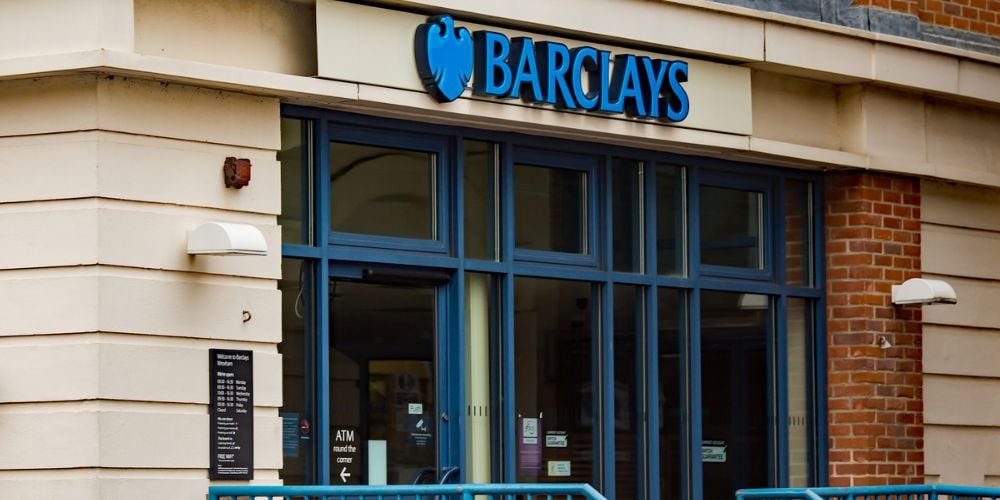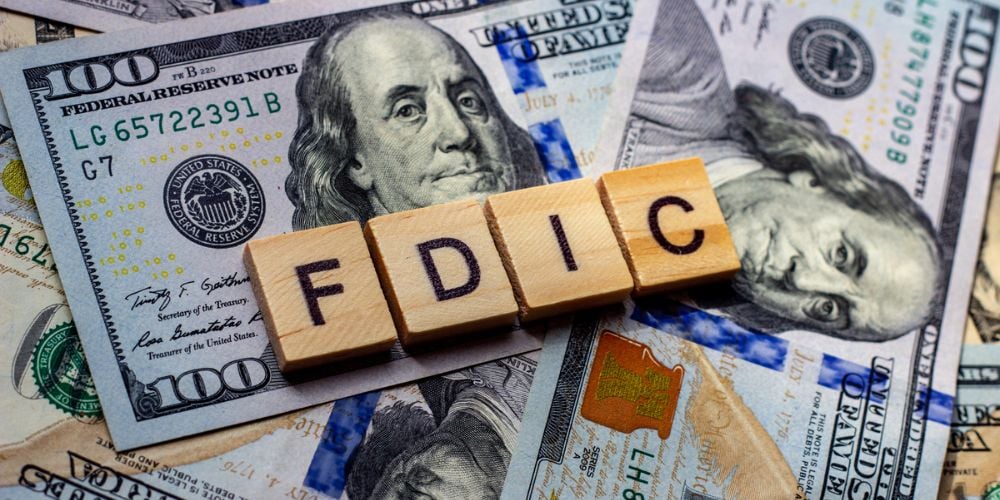When it comes to banking, a crucial aspect that many consumers consider is the safety and security of their funds.
Barclays Bank is an esteemed financial institution, but before entrusting them with your hard-earned money, it is essential to understand whether they are FDIC insured.
So, is Barclays bank FDIC insured?
As you know the Federal Deposit Insurance Corporation (FDIC) provides deposit insurance to customers of member banks in the United States, safeguarding their deposits up to certain limits.
In this comprehensive guide, we will dive into the details of FDIC insurance, explore Barclays Bank’s association with the FDIC, discuss the benefits of FDIC insurance with Barclays, and address common questions regarding the safety of deposits.
By the end of this article, you will have a clear perspective on whether Barclays Bank is a safe choice for your banking needs.
Is Barclays Bank FDIC Insured?
Yes, Barclays Bank is FDIC insured. This means depositors are safeguarded up to $250,000 per depositor, per ownership category in the scenario of a bank failure. It provides the same insured amount, $250,000, for each account type and depositor in the U.S.
What is FDIC Insurance?
FDIC insurance is a program administered by the Federal Deposit Insurance Corporation. It was created to instill confidence and protect the interests of depositors in the event of bank failure. Under this program, the FDIC provides insurance coverage for deposits held at member banks, safeguarding the funds of consumers up to certain limits.
The coverage limit is currently set at $250,000 per depositor, per ownership category, at each FDIC-insured bank.
This means that if a depositor holds multiple accounts (like checking, savings, CDs) under different ownership categories (such as single account, joint account, or retirement account), the FDIC will insure each account separately up to $250,000.

Barclays Bank and FDIC Insurance
Barclays Bank is a well-known financial institution, primarily based in the United Kingdom.
However, it is important to note that Barclays is not a traditional brick-and-mortar bank with physical branches scattered throughout the United States. Despite this, Barclays Bank is FDIC insured through its subsidiary, Barclays Bank Delaware.
Barclays Bank Delaware is a member of the FDIC, meaning that deposits held in Barclays Bank Delaware accounts are insured by the FDIC up to the coverage limits.
Whether you have a savings account, a checking account, or a certificate of deposit (CD) with Barclays Bank Delaware, your deposits are eligible for FDIC insurance.
Benefits of FDIC Insurance with Barclays
FDIC insurance offers several benefits to consumers who choose to bank with Barclays. By having your deposits insured by the FDIC, you can have peace of mind knowing that your funds are protected.
Even in the unlikely event of a bank failure, the FDIC will reimburse you for your insured deposits, up to the coverage limits mentioned earlier.
Additionally, Barclays Bank Delaware is also subject to regulatory oversight by various U.S. federal agencies, including the Consumer Financial Protection Bureau (CFPB), the Office of the Comptroller of the Currency (OCC), and state banking departments.
This regulatory oversight helps ensure compliance with banking laws and regulations, providing an additional layer of protection for customers.
Is Barclays Bank a Safe Choice?
When considering whether Barclays Bank is a safe choice for your banking needs, it is important to evaluate various factors beyond FDIC insurance.
While the FDIC coverage provides a level of protection, it does not immunize a bank from financial challenges. However, Barclays Bank is known for its stability, with a long history dating back to 1690.
Barclays Bank is also subject to strict regulatory requirements and oversight. As a global financial institution, it maintains a strong financial position and adheres to rigorous risk management practices.
Additionally, Barclays Bank Delaware has consistently received positive ratings from reputable credit rating agencies and maintains a strong capital position, indicating its ability to meet obligations and weather financial storms.
It is worth noting that while Barclays Bank Delaware operates under the umbrella of Barclays Bank PLC, an established British multinational investment bank, FDIC insurance only covers deposits held within Barclays Bank Delaware accounts. Deposits held directly with Barclays Bank PLC or its international branches are not FDIC insured.

Frequently Asked Questions
Are savings accounts with Barclays Bank FDIC insured?
Yes, savings accounts held with Barclays Bank Delaware are FDIC insured up to the coverage limits.
Are joint accounts with Barclays Bank FDIC insured?
Yes, joint accounts held with Barclays Bank Delaware are eligible for FDIC insurance coverage based on the number of account owners and their respective ownership interests.
What about CDs with Barclays Bank? Are they FDIC insured?
Yes, certificates of deposit held with Barclays Bank Delaware are also FDIC insured up to the applicable coverage limits.
How can I file a claim with the FDIC in the event of bank failure?
If Barclays Bank Delaware were to fail, the FDIC would step in as the receiver and initiate the claims process. Typically, the FDIC provides information and updates on its website regarding the claims process.
Conclusion
Barclays Bank Delaware, as a member of the FDIC, offers FDIC insurance coverage to its customers. This means that deposits held in Barclays Bank Delaware accounts, such as savings accounts, checking accounts, and CDs, are eligible for FDIC insurance up to the coverage limits.
Additionally, Barclays Bank Delaware’s regulatory oversight and strong financial position further reinforce the safety and security of banking with Barclays. As always, it is essential to stay informed and make banking decisions based on your individual needs and preferences.


 Tags:
Tags:










